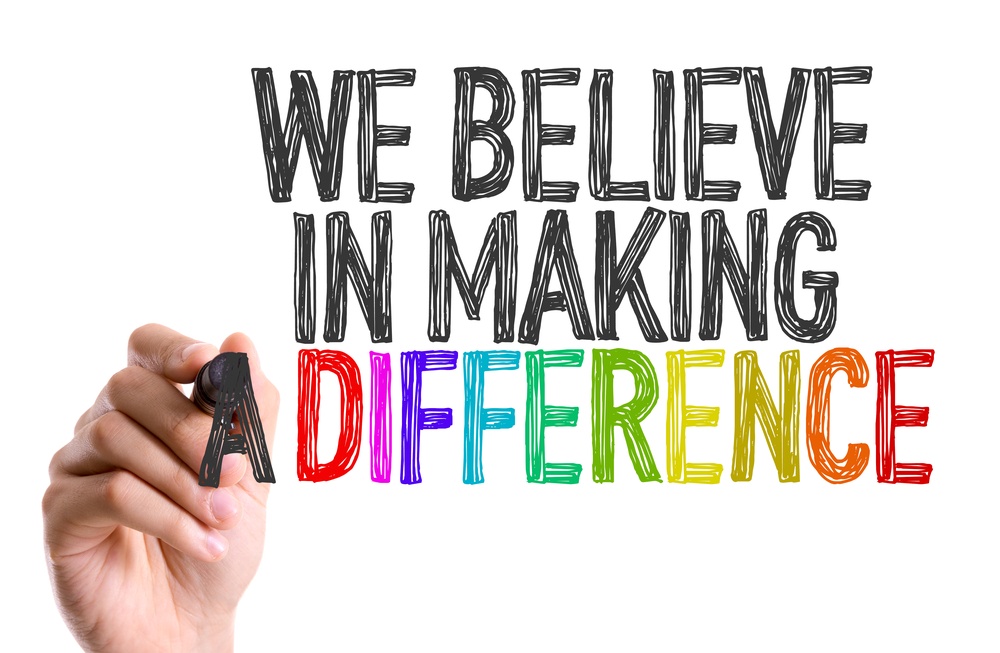Updated December 2025
What happens to someone who has served time in prison and gets released back into the community? How do they find a job and a place to live? Who can they turn to for support to get their life back on track and start building a better future for themselves?
In many cases, ex-offenders find that support at a halfway house. Like the name suggests, a halfway house is a bridge between prison and the outside world—a place that is "halfway" between incarceration and the free community.









